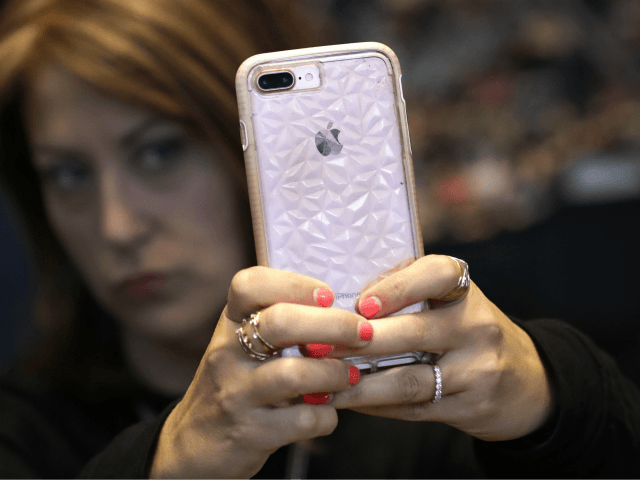North Korea’s state newspaper Rodong Sinmun condemned the United States on Wednesday for using media to promote freedom of expression and thought, defending the communist regime of Cuba for using a United Nations platform to demand the end of radio and television broadcasts the regime cannot control.
The rejection of American “ideological and cultural poisoning” was one of several pieces in both Rodong Sinmun and the Korean Central News Agency (KCNA) attacking Washington for its commitments to a free and individualist world. The pieces represent a shift from the relative silence on the United States that defined North Korean state media for months after the White House announced that dictator Kim Jong-un had accepted to meet American President Donald Trump in person at a meeting now scheduled to occur in Singapore on June 12.
North Korean officials put the possibility of that meeting in doubt on Tuesday, complaining that joint U.S.-South Korean military exercises scheduled for this week were going ahead as planned.
In a piece titled “U.S. Interference Moves Deserve Denunciation,” Rodong Sinmun applauds one of North Korea’s few allied states, Cuba, for having “denounced the U.S. for its constant anti-Cuban moves through radio and television broadcast.” Cuba routinely uses its UN platforms – this time the United Nations Committee on Information – to condemn the existence of American news outlets such as Martí Noticias, which cater to the Cuban exile community and expose the country’s extensive human rights abuses. North Korea’s media assess that the Cuban diatribe before the UN was key to understanding its distrust of the United States.
“The sordid moves of the U.S. to stubbornly interfere in internal affairs of sovereign states and overthrow their governments by massively spreading the reactionary ideology and culture were fully disclosed,” the column read. “The ideological and cultural poisoning of the imperialists can never work in the countries strong in ideological offensive against it.”
Rodong Sinmun particularly objects to the use of “electronic devices and information technologies such as USB memories, mobile phones and wireless internet in the ideological and cultural poisoning against the DPRK.” It protests that technology makes it easier for North Korean citizens to have access to “corrupt music, movies and dramas of capitalist countries including the U.S.”
The Cuban communist regime strictly regulates access to the Internet and Western media, though not as strictly as North Korea does. North Korea enforces a total ban on non-North Korean state media. Television networks only broadcast pro-government propaganda and Western media, particularly Hollywood movies, are illegal. Some North Korean defectors report having been forced to witness public executions of people found watching and distributing foreign movies.
North Korean officials appear particularly concerned that average citizens will be exposed to Western – and, in particular, American – culture and media in light of a new diplomatic offensive from Pyongyang intended to soften sanctions on the rogue regime. Rodong Sinmun has mentioned “cultural poisoning” on multiple occasions since Washington announced in March that Kim had agreed to meet with Trump. In late April, the newspaper warned that history had taught North Korea the “bitter lesson” that “if one falls captive to the imperialist ideology and culture, one would be powerless though one has powerful military strength.”
“The reactionary ideological and cultural poisoning paved a way for aggression by the imperialists in the past, and it is now playing the leading role in aggression,” the newspaper argued.
A week after the publication of that editorial, state media proclaimed that America’s free democratic regime was the world’s “most reactionary and unpopular ruling system,” and any claims that Americans approve of their ruling regime – if not always the politicians running it – were false propaganda.
Kim Jong-un sent a delegation this week to China with the stated intent of learning how to replicate the Chinese semi-socialist economic system. China, as a fellow communist state, has endeavored to profit from business with Western corporations while minimizing the exposure that average Chinese people get to American culture. Chinese officials have expressed particular discontent at the popularity of Christianity and holidays like Christmas, which Communist Party officials have dismissed as “Western spiritual pollution” incompatible with the Xi regime. Chinese state media, like North Korea’s, regularly applauds the supremacy of “traditional Chinese culture” over Western equivalents.

COMMENTS
Please let us know if you're having issues with commenting.